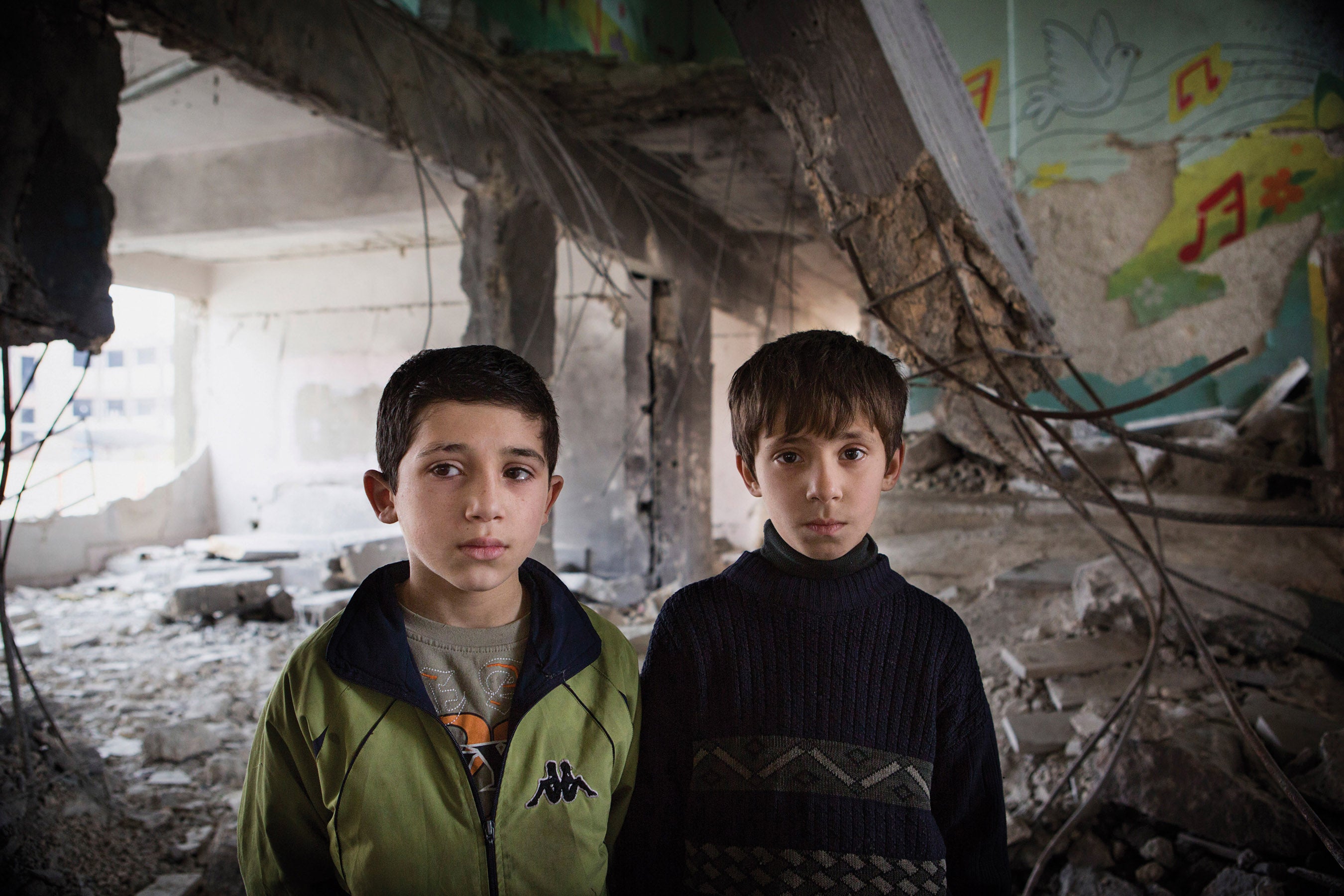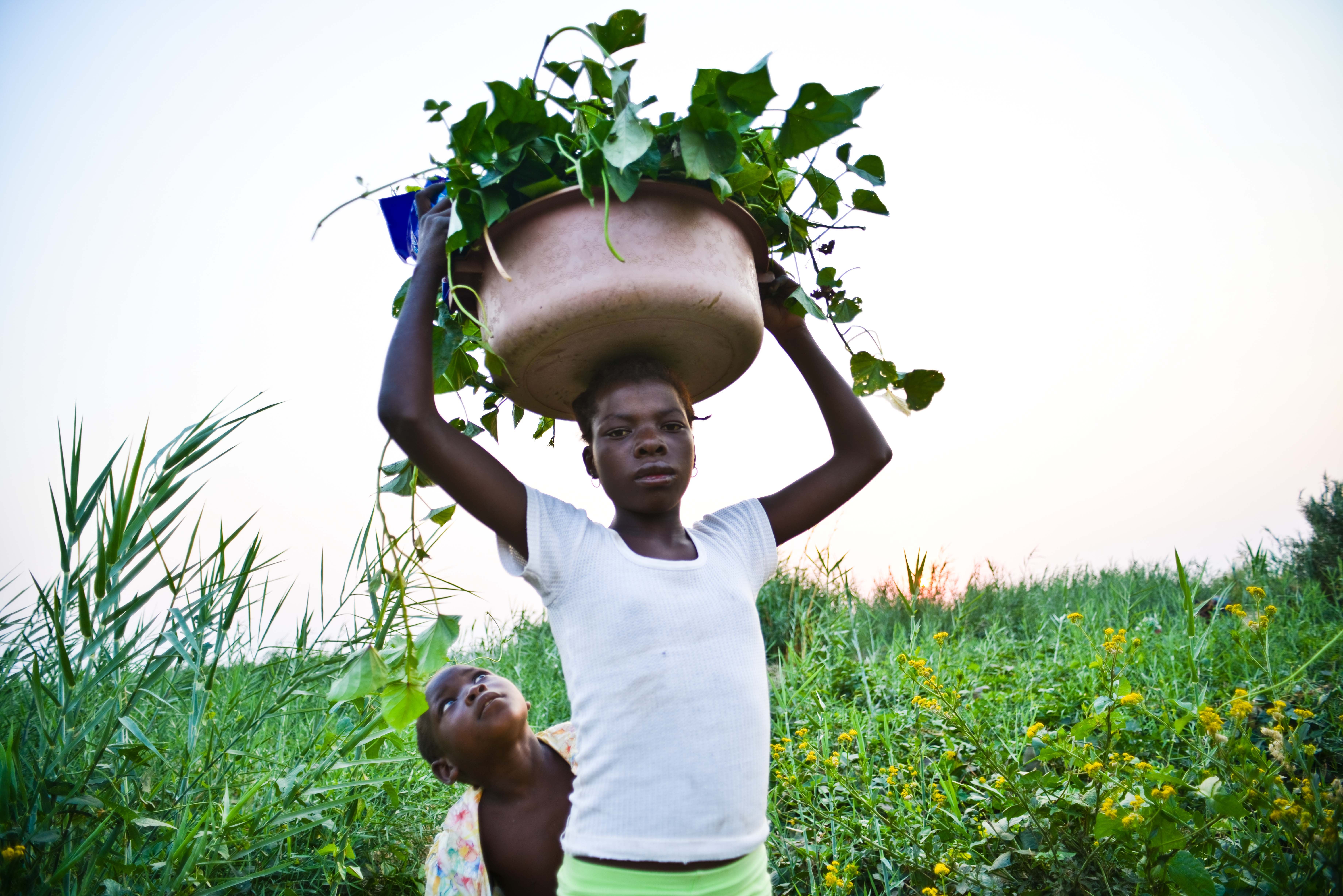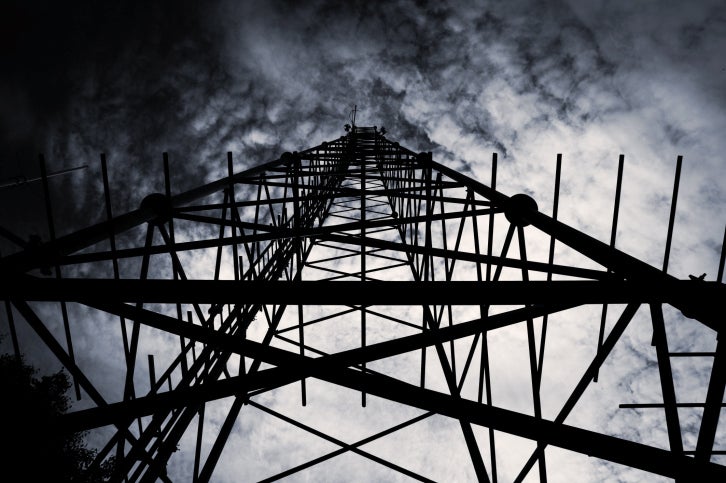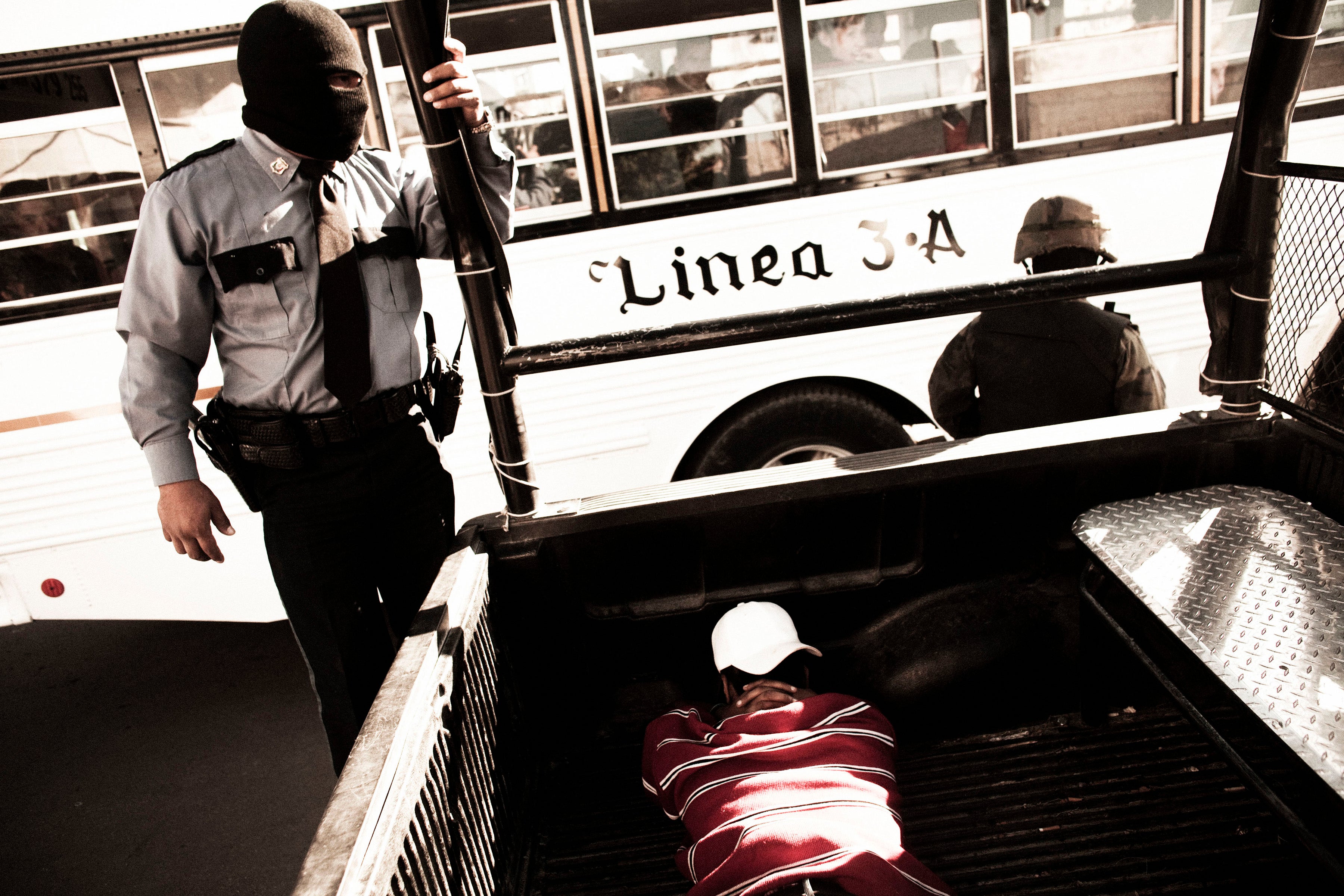The October 2013 presidential election completed a peaceful transition of power in Georgia after difficult cohabitation between Prime Minister Bidzina Ivanishvili and his political rival President Mikheil Saakashvili. Investigations into torture and ill-treatment in custody were slow and lacked transparency. Investigations into past abuses raised some concerns regarding selective justice and politically motivated prosecutions. Police did not adequately respond to several violent incidents against religious minorities and lesbian, gay, bisexual, and transgender (LGBT) people.
Georgia deepened its political and economic ties with the European Union through the Eastern Partnership process, which was closely tied to progress in governance and human rights.
Presidential Election
International observers, led by the Organization for Security and Co-operation in Europe, positively assessed the October 27 presidential election, highlighting respect for fundamental freedoms of expression, movement, and assembly. However, observers also noted allegations of political pressure, “including on United National Movement (UNM) representatives at local self-government institutions.”
In July 2013 violent mobs attacked UNM campaign events in Zugdidi and Batumi. Police detained over a dozen assailants; courts convicted them on administrative charges, fined them, and released them.
Torture and Ill-Treatment, Prison Conditions
In June 2013, courts convicted 14 former prison officials implicated in beatings and torture in prison revealed in videos released in 2012. Six received prison terms ranging from three to six years; eight plea-bargained, receiving sentences ranging from six months to five years. However, the prosecutor general fully released from criminal responsibility Vladimer Bedukadze, who provided information about the torture in which he was also involved. Many local and international observers criticized the move.
In July, a court acquitted five former police officers who faced multiple charges, including ill-treatment and rape of a detainee, leading to an exchange of accusations between the Prosecutor’s Office and the judiciary. The former claimed that it provided forensic examinations, victim and witness statements, and other evidence at trial, while the latter asserted that some evidence was contradictory and the prosecution failed to substantiate the charges.
In July, Mamuka Mikautadze, 36, was found hanged a day after police interrogated and then released him regarding drug possession. According to his wife, Mikautadze complained that police had beaten and forced him to sign false testimony incriminating his friend. Local rights groups alleged that police were slow to respond to Mikautadze’s family’s allegations. The investigation was ongoing at time of writing.
In January, parliament adopted a broad prison amnesty, leading to the release of over 8,000 inmates. This alleviated severe overcrowding, a chronic problem in Georgian prisons.
Investigations into Past Abuses
In response to over 20,000 complaints about alleged past abuses, the authorities charged 35 former officials from a variety of ministries with, inter alia, abuse of office, embezzlement, and false arrest; 14 of them were in custody at time of writing. The authorities did not explain the criteria they used to determine which cases of past abuses to investigate, and while investigating past abuses prosecutors questioned over 6,000 persons, mostly UNM party activists. Both factors caused the opposition to allege its activists were subject to politically motivated pressure.
Among those arrested was Vano Merabishvili, the UNM’s secretary general and former interior minister, who faces charges including embezzlement and abuse of office for obstructing a high-profile murder investigation. Merabishvili’s prosecution, ahead of the presidential election, raised concern among some observers that it was politically motivated.
On June 27, financial police briefly detained 23 Tbilisi municipal officials, including many UNM members. The authorities claimed they were interrogated as witnesses, but handcuffed the officials and provided neither prior notification to appear nor a court order required to forcefully bring witnesses before investigation. Four of the officials, including a deputy mayor, were later arrested in connection with an ongoing embezzlement investigation.
Right to Privacy
In September 2013, officials destroyed over 181 hours of secret video recordings of individuals’ private lives, mostly of a sexual nature, obtained in recent years through illegal government surveillance. Opposition politicians, journalists, and civil society activists had been particular targets.
In May, a deputy interior minister leaked one of the videos involving a journalist who had been fiercely critical of senior officials. The deputy minister was dismissed and is awaiting trial on charges of illegal use or distribution of private information.
Other illegal, secret recordings have not been destroyed. In July, parliament adopted an amnesty bill exempting from criminal responsibility those who had been involved in illegal surveillance, and those who were in possession of such recordings but voluntarily handed them over by November 20.
The Interior Ministry maintains surveillance equipment on the premises of telecommunication operators, giving it automatic access to all communications without judicial oversight.
Freedom of Religion
Since November 2012, Orthodox Christian communities in several villages prevented, at times violently, Muslims from holding religious services in houses converted into mosques. Although the prime minister made several public statements condemning the violence, little action was taken to hold the offenders accountable.
In August 2013, local authorities in western Georgia forcefully removed a minaret from a mosque, leading to a clash between local Muslim residents and police. Officials claimed they wanted to inspect the minaret because it allegedly lacked the proper import license. Several days later, the authorities returned the minaret but did not reinstall it due to protests by the local Christian community.
In April three drunk military police officers verbally assaulted residents in a village in Adjara region—which has a significant Muslim population—arbitrarily stopping cars and searching people, calling them “Tatars” and demanding they show crosses around their necks. The Defense Ministry sacked the officers, and police arrested at least two of them.
Sexual Orientation and Gender Identity
On May 17, 2013, a peaceful gathering to mark International Day Against Homophobia was violently disrupted by thousands of counter-demonstrators, including some Orthodox clergy. The day before, the patriarch of the Georgian Orthodox Church publicly urged the authorities not to allow the gathering, calling it an “an insult” to Georgian traditions.
Police had to evacuate the LGBT activists to safety, but they failed to contain the mob, which attacked a van carrying the activists, throwing stones and other objects; one journalist was hit on the head and briefly hospitalized. Authorities charged two Orthodox priests and three other men with obstructing freedom of assembly and petty hooliganism. The Tbilisi City Court ordered that charges be dropped against one priest. At time of writing, the trials against the others were ongoing.
Identoba, a local LGBT rights group, reported 34 incidents of violence and intimidation against LGBT people during and after the May 17 incident. The group noted that many victims do not report homophobic violence due to fear of retribution and police failure to investigate adequately.
Freedom of Assembly
On February 8, hundreds of protesters gathered in front of the Tbilisi National Library, where President Mikheil Saakashvili planned to hold his annual State of the Nation address. The protesters verbally insulted and physically attacked several UNM members and the Tbilisi mayor. The public defender criticized police for failing to proactively ensure the safety of the UNM members, despite the fact that they had accurate information on the protesters’ numbers, demands, and mood. A court convicted two protesters of petty hooliganism and released them after imposing a fine.
Freedom of Media
Georgia has a diverse print and broadcast media. In spring 2013 parliament approved a package of amendments to media laws, supported by a coalition of media organizations. The amendments envisage a more democratic composition of the board of Georgia Public Broadcaster (GPB), greater financial transparency of television companies, and a requirement that cable networks and satellite content providers broadcast all television stations that carry news. Previously, they were required to do so only for 60 days before elections.
Eka Kvesitadze and Davit Paichadze, the hosts of two GPB policy talk shows, alleged that the GPB’s decision not to renew their contracts in September 2013 was politically motivated. Although the station director’s written order attributed the non-renewal to the start of the new television season, he told one of the journalists it was because he “did not like their tone.”
Key International Actors
The European Union closely engaged with the new Georgian government to monitor the rights record and urge much-needed reforms. It created and funded an expert position to advise the government on legal and constitutional and human rights, and appointed to the post former Council of Europe Commissioner for Human Rights Thomas Hammarberg.
In September—after regular visits to Georgia and extensive consultations with officials, the political opposition, and civil society—Hammarberg published a report with recommendations to the government to address religious intolerance, independence of the judiciary, prison conditions, ill-treatment and torture, illegal surveillance, minority rights, and other human rights issues.
In its March European Neighborhood Policy (ENP) progress report, the EU noted that Georgia “acted on most …. [of the ENP’s] key recommendations,” but also highlighted the need to ensure the independence of the judiciary, avoid selective justice, and increase accountability and democratic oversight of law enforcement agencies.
In its annual human rights report in April, the United States Department of State flagged concerns about shortfalls in the rule of law and lack of judicial independence, as well as restrictions on freedom of association and assembly.
The International Criminal Court prosecutor continued to monitor local investigations into crimes committed during the 2008 Georgia-Russian conflict over South Ossetia, while noting in a November 2012 report that these investigations had yet to yield any results.




